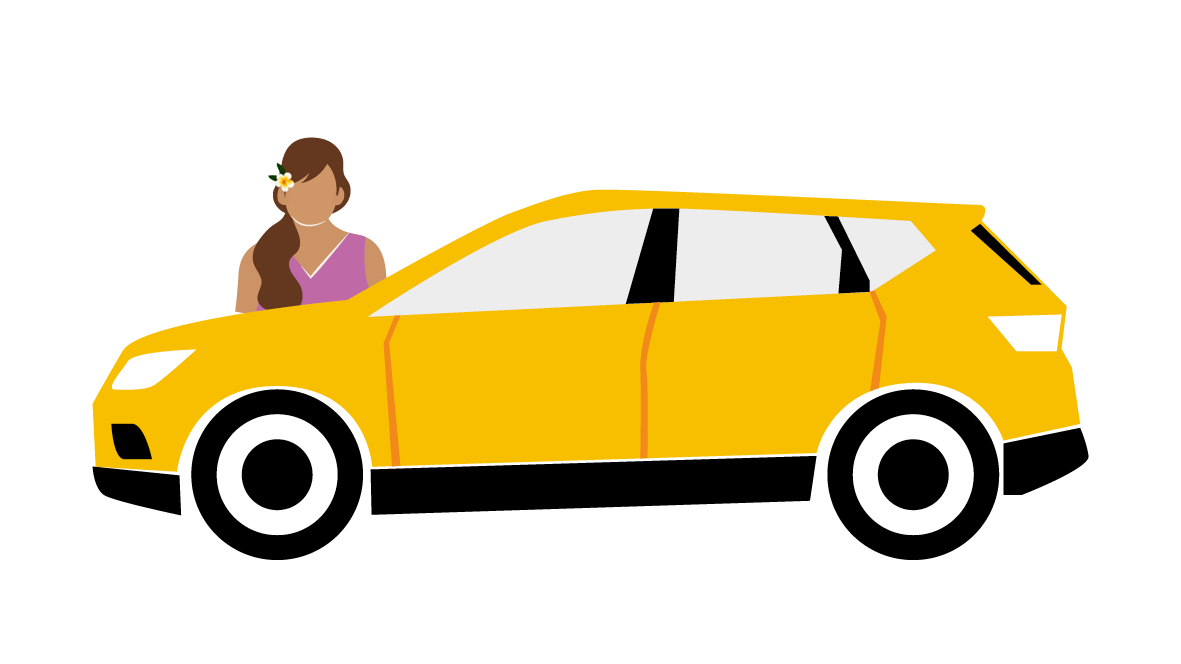Rebecca experiences long-term impacts of economic harm
Rebecca’s trusting 20-year marriage became physically and emotionally abusive and led to lasting economic harm that could have prevented access to housing, electricity and work opportunities.

“I never thought I could do this in my life, but I did it. I can breathe again.”
Rebecca and her husband worked in good jobs and lived a nice lifestyle.
Over time, her husband began gambling and using drugs. He had looked after their finances for a while,
but it started going further than managing bills. He controlled Rebecca’s bank accounts, accessed her email without her knowledge, and reset banking passwords to take money from her. He stole valuable jewellery from Rebecca and pawned it to pay for his addictions.
Rebecca understood how bad things were, and separated from her husband despite family encouragement to stay and work on her marriage.
With the family home caught up in a prolonged court process, Rebecca was exhausted and had minimal funds to support her family. She started a small business on top of her day job, and still needed to rely on foodbanks and community support.
Over the next year, Rebecca worked with her bank to use the proceeds from the relationship property to buy her own home. But a credit check found over $40,000 of debt in her name that she was unaware of.
She was referred to Good Shepherd and met Vanessa — a specialist in recovery from economic harm. Vanessa’s work helps lenders recognise when credit applications could be linked to abuse, advocates for better processes, and educates creditors and Good Shepherd clients about possible solutions for unjust debt.
Vanessa worked closely with Rebecca. She advocated with Rebeca’s bank and the other creditor to get an agreement on resolving the debt. With a resolution agreed on, Rebecca’s bank approved her home loan.
As she started setting up the utilities in her new home, Rebecca got a call from a debt collection agency about a more than $10,000 debt in her name that she didn’t know about. Vanessa worked with the utility company on a resolution, and Rebecca was able to get utilities in her new home.
The economic impact of family violence can continue even after the relationship and other forms of abuse have ended. Good Shepherd raises awareness of this, encouraging businesses and organisations to develop appropriate responses for their customers and clients so we can all play our part in eliminating family harm in New Zealand.
Finding support
If you’re concerned about economic harm or want to talk with someone about the money side of your relationship, our Economic Harm Specialists are trained in advocacy and understand the impact of economic harm.

